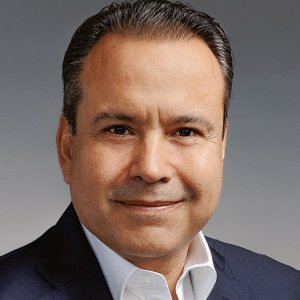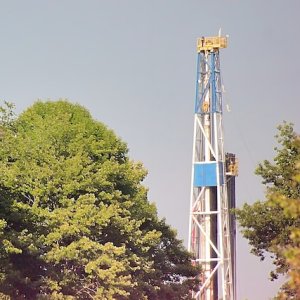Open Market Opportunities

STORY INLINE POST
The wealth of geothermal resources that Mexico enjoys has been a constant lure for international investors, but they have soon run up against an operating framework that has not given them the chance to participate freely. Despite these hindrances, international players have involved themselves with the Mexican market in different ways such as drilling, development and, in the case of West JEC, consulting. West JEC is a subsidiary of Kyushu Electric Power Company, one of Japan’s nine electric utilities. “We have been assisting CFE in the development of geothermal resources through resource consulting,” says Enrique Lima Lobato, General Manager of Overseas Business Department of West JEC. The company has participated in the Cerro Prieto, Los Azufres, Cerritos Colorados and Los Humeros geothermal plants, collaborating with CFE in order to optimize the generation processes. Another company, Diamante Azufres, part of a Mitsubishi-led consortium, is planning to build a plant for CFE that West JEC proposed after carrying out feasibility studies.
The financial resources that have supported the development of these projects have come from the Japanese government, explains Lima Lobato. Japan is expanding its geothermal market through companies such as West JEC, given that Japan excels in geothermal energy technologies. “70% of the geothermal power plants in the world are Japanese, so in a sense our work opens new markets for the Japanese industry,” Lima Lobato says. “West JEC enables government bodies like CFE to expand on their own terms; we do not force anyone to acquire Japanese products. We give them our industry opinion but they can proceed in their own way,” Lima highlights. West JEC is present in Mexico with three combined cycle units in Tuxpan, while also having activities in Indonesia and the Philippines
In looking for countries that carry the lowest risk factors, West JEC analyzes market, political and technological risks. Market risk refers to the past, present and future of the power market in the country as well as structure and the rules that govern the sector. In Mexico, these rules are crystal clear as CFE is the only buyer and the only developer of geothermal energy. Lima Lobato says that some countries are not ready to enable the private sector to participate due to a weak or inefficient legal structure. “Mexico’s well defined legal structure for the power sector is providing security to investments, and is making the country attractive to our business,” says Lima. Although the Mexican business climate has appealing traits, there may be lingering concerns about security. While not all Mexican states are equally attractive, the overall country risk in Mexico is considered to be manageable. Finally, analyzing the technological risk involves two sides: the availability of human resources and the geological reality. Financiers need to be certain that the projects will be properly operated and managed, in order to have assurances about that loans will be repaid. Private entities will have fewer problems making decisions on whether or not to participate in the geothermal power if there is already a good HR pool within the country that can readily take over the operation and maintenance of the projects. Fortunately, Mexico has created a critical mass of human resources capable of running these businesses. On the other hand, the current operational framework has led geothermal companies to apply their strategies on a global level in order to penetrate the most accessible markets. This has caused a delay in the development of the Mexican geothermal sector, even though the country represents a low risk. West JEC is waiting for the geothermal power sector to be opened up to private participation, including legislation to set the rules for competition in the market and the pricing for geothermal power.
There are other hazards in the geothermal sector that highly experienced players can mitigate. “Geological risk represents a degree of uncertainty in the evaluation of the size of a geothermal reservoir and its longevity when subject to exploitation,” says Lima Lobato. “These uncertainties can impact the evaluation of the required number of exploitable wells and the capacity of the reservoir. In turn, this will impact the estimated cost per kWh of energy produced, which will determine the competitiveness of the geothermal project,” he adds.
That competitiveness could be spurred if development alternatives could be found, such as the creation of publicprivate partnerships. However, despite the presence of PPPs in the oil and gas sector, these have not yet become widespread in the exploitation of other energy sources. “I firmly believe that geothermal is a very viable business and that the experience and capability of CFE could be used for the benefit of the country within an open market,” states Lima Lobato. West JEC is encouraging a regulatory framework that would encourage broader participation, including PPPs, as this would spark the interest of investors while also providing more opportunities for West JEC’s consultancy services. Such cooperation between the public, private and academic sectors, in Lima Lobato’s eyes, is the only way to effectively take advantage of the resources that lie within Mexico’s subsoil.






















